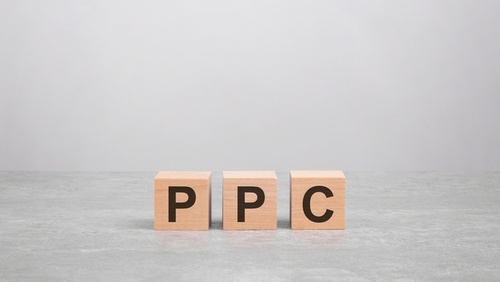Its not been long since Google unleashed its Panda algorithm update on the world and sent legions of webmasters (and their SEOs) into a spin. The news that Panda was updating again in the Spring of 2012 was not so disturbing though as people had been through it before.
Not wanting anyone to get too comfortable however, it seems Google then proceeded to unleash a new, even peskier critter – Penguin – and once again Google’s growing zoo is the talk of the internet marketing community.
What is Google Penguin?
The Penguin has a very specific mission – at least according to Google’s star engineer Matt Cutts. Its purpose is to further combat web spam and seek out, and penalise (as in remove) the worst offenders.
But before webmasters dismiss any concerns about Penguin as it relates to them – secure in the knowledge that white hat SEO techniques are all that they (or their representatives) have ever implemented – they might want to think again. Penguin is also going after ‘over optimised’ sites and some techniques and tactics that people thought were okay in the past, seem to be really upsetting the Penguin now.
So What Does the Google Penguin Dislike?
As is the case with every algorithm update that Google has ever released there is still a lot of speculation about exactly what distresses the Penguin the most, but, based on titbits that Cutts and crew have shared, plus the observations of webmasters and SEOs, there are certainly some things that it especially dislikes:
a) Comment Spam
Blog commenting has been an SEO tactic employed by hundreds since the term was first coined. However, keyword laden comment signatures and exact match anchor links (an exact match link is one that directly links a keyword that a site is trying to rank for) seem to be a real problem for the Penguin and sites are being penalised for them.
b) Article Spam and Irrelevant Guest Posting
Lots of webmasters who have made a habit of submitting articles to a number of ‘general purpose’ article directories with exact match text links have been penalised by Penguin too, as have those who made a habit of posting on blog networks filled with wildly varying content using similar exact match text links.
c) Distributed Duplicate Content
Some webmasters used to think there was nothing wrong with distributing the same content, with the same exact match links, across dozens of web channels. But now Penguin is punishing them for it.
What You Can Do to Appease the Penguin
There is never going to come a day when Google – or any other search engine – will reveal the exact specifics about how their algorithms work. There are some obvious take-aways from the Google Penguin update though. For example, focusing on building useful content is more important than ever – and then growing organic links that have real value to the user.
Additionally, having your content shared genuinely across popular social media websites is increasingly recognised as ‘social proof’ of the relevance, usefulness and popularity of your content. If you would like help improving your search marketing strategy, please get in touch.










